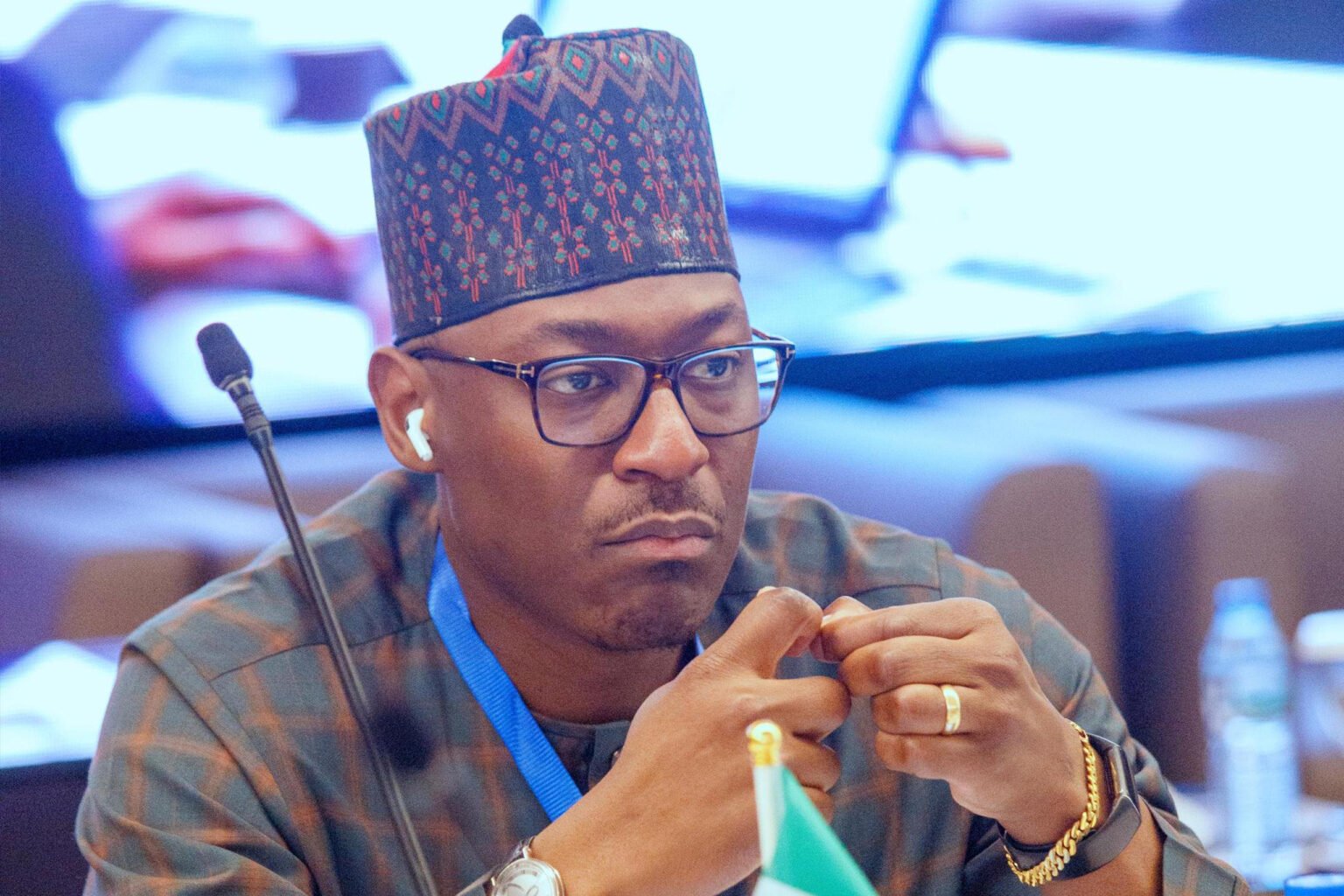1
LAGOS – The full implementation of the Nigerian Safety Investigation Bureau (NSIB) Establishment Act 2022 would drastically reduce serious incidents, accidents and improve safety in all modes of transportation in Nigeria.
The NSIB also said that total cooperation of the Nigerian Maritime Administration and Safety Agency (NIMASA) in the fulfillment of its mandate would enable the country to operate to the procedure and policy requirements of the International Maritime Organisation (IMO), while also plugging the loopholes in the system.
These were the views of Capt. Alex Badeh Jnr., the Director-General of NSIB in a virtual interaction with some select journalists on Wednesday evening.
Badeh in the interaction with the media, said that it was critical for Nigeria to comply with the international standards with serious incidents and accidents investigations.
He said that this would further bolster stakeholders’ confidence in Nigeria’s system, increase its ratings in the comity of nations and prevent recurrence through the recommendations of its safety reports.
To measure up to the expected standards, Badeh said the bureau had already drafted Maritime Safety Investigation Regulations 2025, Railways (Investigation of Accident and Incidents) Regulation 2024 and the Civil Aviation (Investigation of Air Accidents and Incidents) Regulations, 2025, hoping that their implementations would be accepted by all concerns.
He erased the notion in some quarters that the entrance of NSIB into accident investigation in the marine sector would lead to overlapping of functions in the sector.
According to him, the IMO recognised NIMASA as an investigator of marine accidents because there was a vacuum in the system, but maintained that the emergence of NSIB had closed the gap in the system.
He added: “Best practices all over the world is that we usually have an independent investigative body outside the regulator. NIMASA, which is a regulator just like the Nigeria Civil Aviation Authority (NCAA) was recognised as the investigator by IMO because it was the only one doing that, but with the passing of our 2022 Act that gave us the power to investigate other modes of transportation.
“Also, we are not doing this on our own, we work with the IMO to do this. We are recognised by the IMO and once we stabilise and all that, there will be more information to us by the IMO and other recognised bodies.”
Badeh explained further that the bureau was on the verge of engaging investigators in the rail and maritime sectors for effective investigation of occurrences in those modes of transportation, assuring that some professionals would come onboard by September and October this year to beef up its operations.
He expressed optimism that the NSIB was up to the task of conducting seamless investigation in the maritime sector, stressing that the bureau already had an agreement with the Nigerian Navy in carrying out this exercise.
He regretted that the bureau only gets information about most occurrences in the inland waterways from the media, agreeing that there was a gap in the relationship between NIMASA and NISB.
The NSIB Director-General emphasised that as government organisations funded with taxpayers money, NIMASA and NSIB were supposed to work as a team, but lamented that bureaucracy was interfering with safety in the maritime industry.
Besides, he maintained that the Nigerian Railway Corporation (NRC) and NIWA were willing to collaborate with the NSIB and expressed optimism that the bureau would also get NIMASA onboard.
He said: ‘Engagement of investigations in other modes of transportation is a work in progress. Some of them will resume by September. We intend to engage retired personnel and of course we are hoping to get people seconded from the National Inland Waterways Authority (NIWA) and NIMASA, train them and teach them the procedures of our investigations.
“We also have some people who will be going to the United Kingdom in September for a course. Our safety investigators for now are air safety investigators and we are working on getting them to acquaint themselves with the basic modes of other forms of transportation.”
Like in the aviation industry investigation of serious incidents and accidents, Badeh insisted that the essence of its investigation in rail and maritime was not to apportion blame, but reveal what led to such an occurrence.
He, however, said that this would not preclude any other form of investigation, including investigation for action in civil, criminal and administrative proceedings.
Read the full article here


